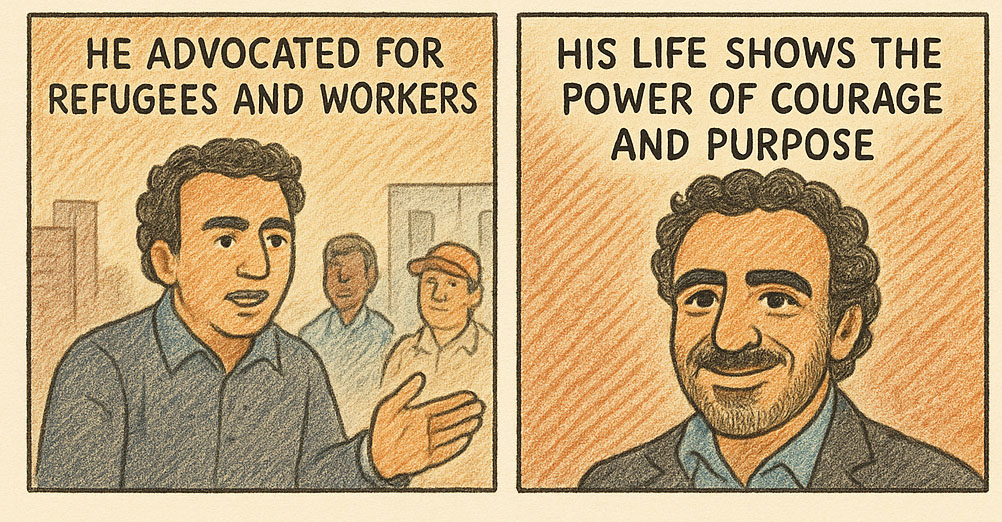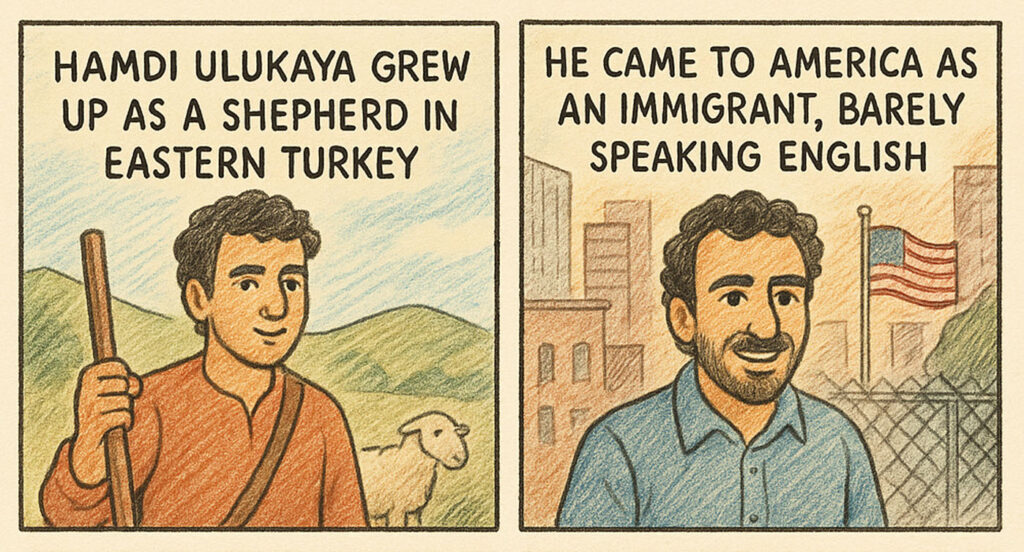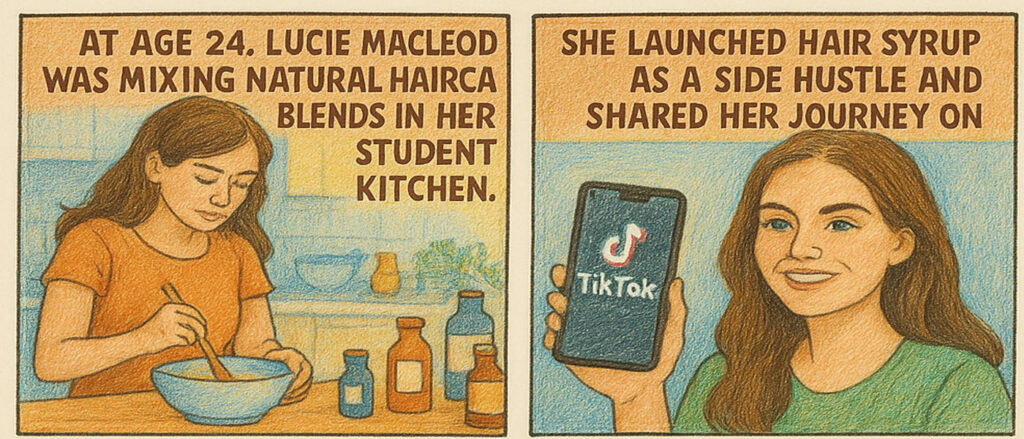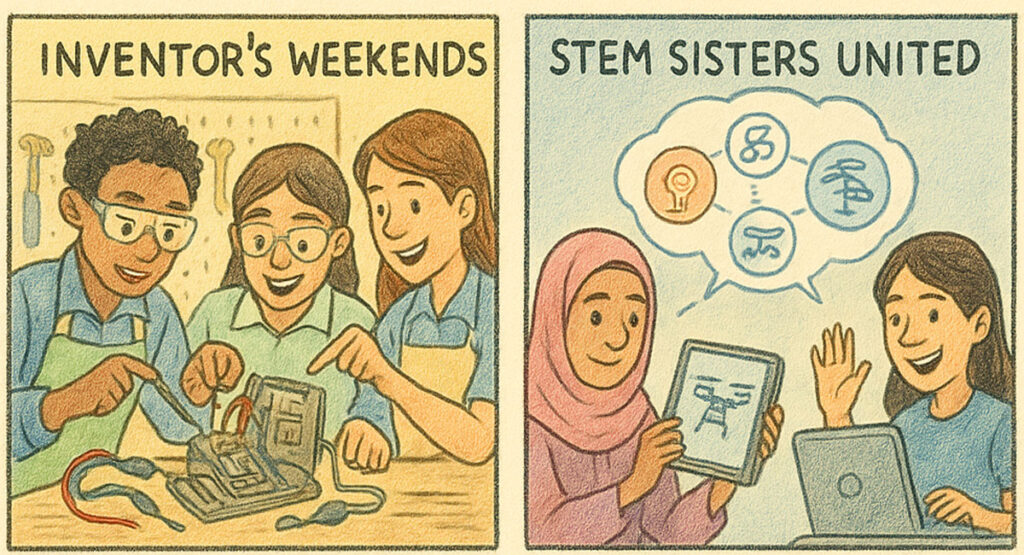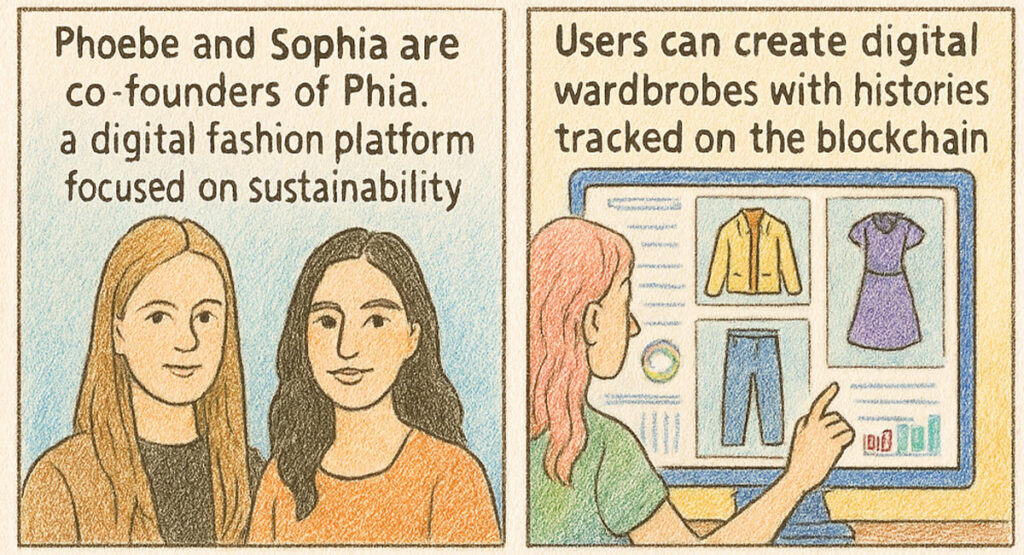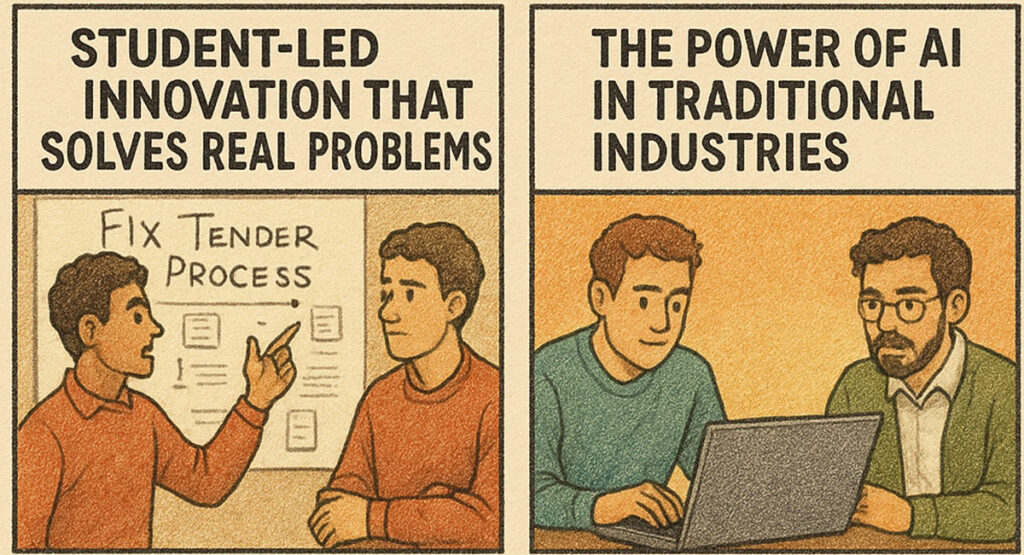Hamdi Ulukaya’s journey from a small dairy farm in eastern Turkey to building one of the most successful food companies in the United States is a story of purpose-driven entrepreneurship, immigrant grit, and a vision that redefined what business can mean for people and communities. He didn’t just build a yogurt empire—he built a movement that fused delicious food with dignity, inclusion, and authenticity.
Born into a Kurdish family of nomadic herders, Hamdi grew up surrounded by sheep, goats, and the rhythmic routines of traditional cheesemaking. Life was humble but rich with culture, flavor, and integrity. This deep connection to food would stay with him even as he left home, first to study in Ankara and later to pursue higher education in the United States. With barely any English and very little money, he landed in New York, where he studied business and political science while working various jobs to stay afloat. What he lacked in resources, he made up for in determination.
After a few years, Hamdi noticed something missing on American supermarket shelves—authentic, strained yogurt like the kind he grew up eating. Most yogurt options were overly sweet, watery, or artificial. There was a disconnect between what people were eating and what real yogurt could be. In 2005, he stumbled across an old, defunct Kraft yogurt factory in South Edmeston, New York. Many saw a crumbling shell. Hamdi saw possibility.
With a small loan from the Small Business Administration and the courage to bet everything on a dream, he bought the factory. He hired four of the laid-off employees who had once worked there and started developing his own recipe. It took nearly two years of relentless experimentation to perfect the formula. What emerged was thick, creamy, authentically strained Greek-style yogurt—free from preservatives, high in protein, made from only natural ingredients. He named it Chobani, inspired by a Turkish word meaning “shepherd,” a nod to his roots and values of guidance, care, and responsibility.
Hamdi’s approach to business was as unconventional as his product. While most food companies were obsessed with margins, he focused on mission. He insisted on using local milk, paid dairy farmers fair prices, and treated his employees like family. From day one, he believed that business could be a force for good—not just for profit.
When Chobani launched in 2007, it entered a crowded dairy market dominated by established players. But within a few short years, it completely disrupted the industry. Consumers embraced the thick, tangy yogurt in droves. By 2011, Chobani had become the number one selling yogurt brand in America, an astonishing feat for a company that started with five employees and a dream in an abandoned factory.
But success never changed Hamdi’s core philosophy. As the company grew, so did his commitment to values. He introduced profit-sharing with his employees, giving them an ownership stake in the company. He hired hundreds of refugees and immigrants at his plants, proving that diversity and inclusion aren’t buzzwords—they’re a source of strength. He launched the Chobani Incubator, helping startup food companies that prioritize social good to scale with mentorship and funding. He gave voice to the voiceless and stood for decency when it wasn’t trendy.
Hamdi believes that the companies of the future are the ones that put humanity first. His mission is to show that business success and social responsibility are not mutually exclusive—they are inseparable. From school lunch programs to food access initiatives, from refugee hiring programs to sustainable farming support, Chobani under Hamdi’s leadership has modeled what compassionate capitalism looks like.
He never forgot where he came from. He never stopped fighting for the underdog. And in every spoonful of yogurt, there’s a taste of resilience, integrity, and a future shaped by purpose.
Hamdi Ulukaya is more than an entrepreneur—he’s a modern shepherd of change. His life teaches us that with courage, love for tradition, and a bold belief in doing good, even the most unlikely path can lead to something extraordinary.
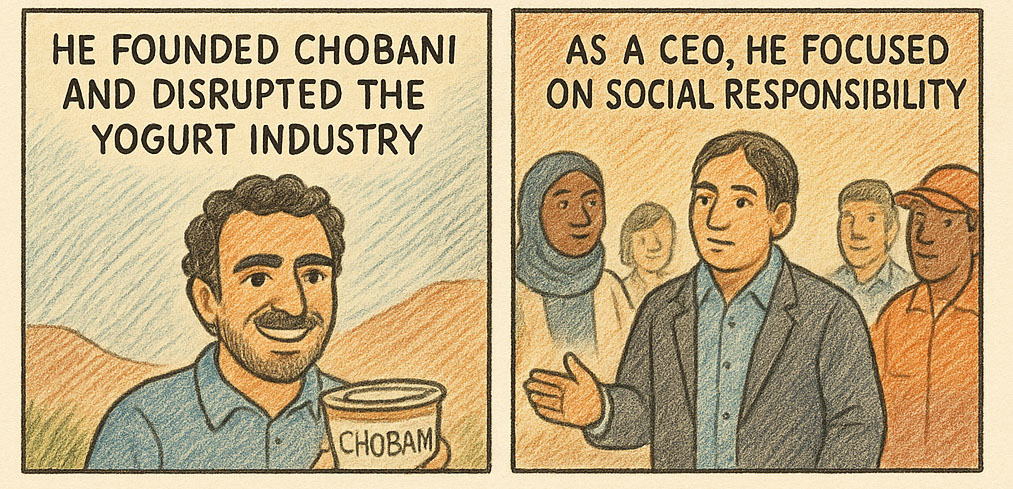
Hamdi Ulukaya’s story is filled with countless layers of inspiration that go far beyond yogurt. It’s about redefining the role of a CEO, standing up for the marginalized, and building a company not just for profit but for people and purpose. One of the most interesting aspects of Hamdi’s journey is how he used his own immigrant experience as a blueprint for empathy in business. He didn’t just talk about inclusion—he lived it. His factories became safe havens for refugees fleeing war and persecution, offering them not just jobs but dignity, stability, and community. In a time when the world was closing doors, he opened his wide.
Another inspiring topic is how Hamdi believes in doing the right thing even when it’s the hard thing. When many businesses focus on cutting costs and maximizing shareholder returns, he focused on human returns. He gave 10% of Chobani’s ownership to his employees. He didn’t do it for PR. He did it because he believes that the people who build a company should own a piece of it. That single act transformed not just lives, but the conversation around corporate responsibility.
Hamdi’s leadership also reimagined food branding. Where others relied on gimmicks, he trusted real taste and clean ingredients to tell the story. There were no celebrity endorsements or sugar-filled distractions—just truth in a cup. That honesty resonated with millions. He made healthy eating mainstream. He showed that food doesn’t have to be fake to be fun, and it doesn’t have to be fancy to be powerful.
Another fascinating layer of his story is how he channeled his success into lifting others. He started the Tent Partnership for Refugees, rallying other CEOs to hire displaced people and embrace the idea that business can solve humanitarian crises. He redefined what a “business mission” could mean—making profit and making a difference at the same time.
Hamdi also turned setbacks into stepping stones. Early in Chobani’s journey, there were production challenges, distribution roadblocks, and skeptics who said an outsider could never compete in a space ruled by giants. But he saw every obstacle as a test of his belief: that good food made with good values will always rise. He built a world-class brand not from a marketing budget, but from a relentless spirit.
Even his quiet moments are filled with meaning. He still walks the factory floors. He still listens more than he talks. He still treats a worker’s story as more important than a boardroom chart. That humility—rooted in a shepherd’s soul—makes him not just admired, but deeply loved.
And finally, what makes Hamdi’s journey so uniquely compelling is the ripple effect. He didn’t just create a brand. He sparked a revolution in how food is made, how workers are treated, how refugees are valued, and how capitalism can carry a conscience. His life reminds us that the most powerful changes often start with a whisper of an idea—and the courage to make it real.
